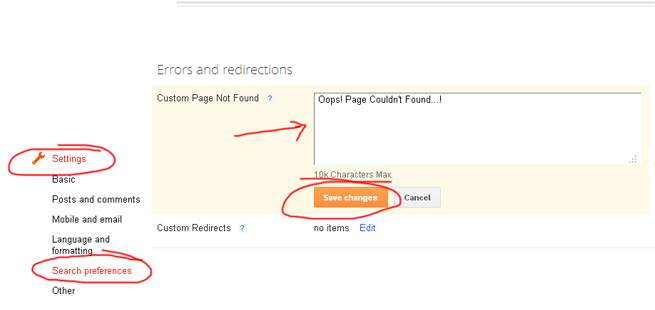A little bit of both, in fact. Though your Facebook and Twitter pages may not directly contribute to your SEO efforts in the way that say, link-building does, having a wide footprint online helps Google dub you an authority in your field. Google Plus, the underdog social network, may have a more direct effect on your SEO efforts.
Everspark has started to pay more attention to our clients’ holistic presences online – including their social media mastery. You may be asking, “You guys are all about SEO. What could social media have to do with anything?” Our answer is that social media is important now more than ever. Having a Facebook page or Twitter handle is not something special you do in addition to your traditional marketing strategy. Integrating your brand or business into social media has become part of the traditional marketing strategy.
A Social Overview
In terms of social media platforms, Facebook, Twitter, and Google+ should be your go-to’s. These are the biggest platforms and they drive the most traffic to other websites. (Yes, I realize Google+ isn’t as big as the other two, but it can have an impact on search marketing, which I will explain later.) The more platforms you use, that are relevant to your industry, the better. For example, you want to engage on platforms that your customers are on. If your customers are not using this platform, it is not helpful for you to be posting and sharing something they may never see.
Social Search
Once you have decided what social platforms your business should use (this is not just limited to Facebook, Twitter, and Google+ by the way), you can begin engaging with the community around you. The more you post content relevant to your business, and utilize keys words that connect back to your business’ name, the better. Keep in mind this is by no means a replacement for classic SEO strategies.
According to one of our resident SEOs, any keywords used on your Facebook or Twitter pages will have little to no effect on your actual website’s SEO. What it does help with is your ability to present a complete online presence as a complement to your website.
Google+
In terms of what social media platform most influences page rankings, it would have to be Google+. This is primarily because this social media platform links directly to Google’s search engine. The way a consumer links to certain Google+ brand pages and +1’s certain links can have a minor influence on your page rankings.
Again, according to one of our resident SEOs, Google+ has helped primarily to increase click-through rates with new features linked to the social platform. But as for actual optimization, Google+ has little effect on your actual website’s SEO. As talked about previously, Google+ is another aid to help with reputation management. But Google + also brings additional value to the table. Of Facebook, Twitter, and Google+, Google+ is still the best platform to use in terms of improving SEO, since it does pass along some SEO value by linking directly to your site (if you choose to include the link on your Plus page or profile) and having some weight now when it comes to tanking in the Google search engine results pages.
Reputation
Regardless of the how big the effect on your SEO, you should be keeping up with your social media platforms as a business. This is so that you are front and center for the conversations going on relevant to your industry. If your consumers go to your Twitter page and see that you posted 20 minutes ago, they will know you are an engaged business that cares about what they do.
The main takeaway here is that while utilizing social media may not increase your actual website’s SEO, it will be another outlet for you to vocalize your expertise and position your business as a thought leader in your industry. Even if your social sites don’t increase your actual website’s rankings, the social sites themselves should show up in the search results with your actual website. This is advantageous since you will be able to control more of what is said about you instead of having several second- hand sources pop up as well.
People Trust Social MediaAnother factor not many businesses think about is that many people are now using social platforms to search for businesses instead of going straight to a search engine. Facebook, Twitter, and Google+ all have standard profiles that look similar no matter what you look up. This provides a comfortable interface for consumers, so many people look on your Facebook page before ever going to your actual website.
This is where the importance of maintaining your reputation on social media platforms comes into play. Make sure to provide a link on your profile to your actual website. In this way social has its own form of SEO, since Facebook, Twitter, and Google+ are some of the biggest generators of traffic to other sites (ie. your businesses’ site).
Overall, social media alone cannot contribute enormously to a business’s website. What it can do is increase your digital footprint, show that you are a thought leader in your industry, and guide people who want more information to your actual website. Think of social platforms as the side car on an SEO motorcycle. Social paired with your SEO strategy can get you where you want to go, but the side car alone won’t go anywhere without the motorcycle.
(Source: businessinsider.com)
























